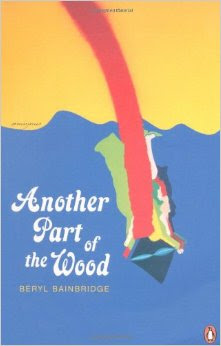Typical collection of short stories for my
lunch breaks.
Being Annie Proulx, typically well written
and extremely interesting (kind of like Cormac McCarthy when he’s not too
gruesome). The standout story is clearly Brokeback Mountain, but pretty
much every single one of them is remarkable either for its humour, or for its
gripping portrayal of life in the Mid-West, or even for its portrayal of
attitudes towards mental illness in rural Wyoming.
I think this book would deserve something
more than these two lines, but being short stories I’ve sort of ran out of
insightful comments already…










